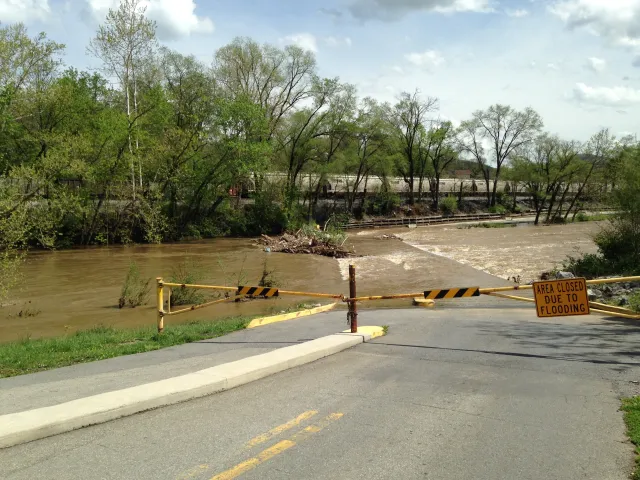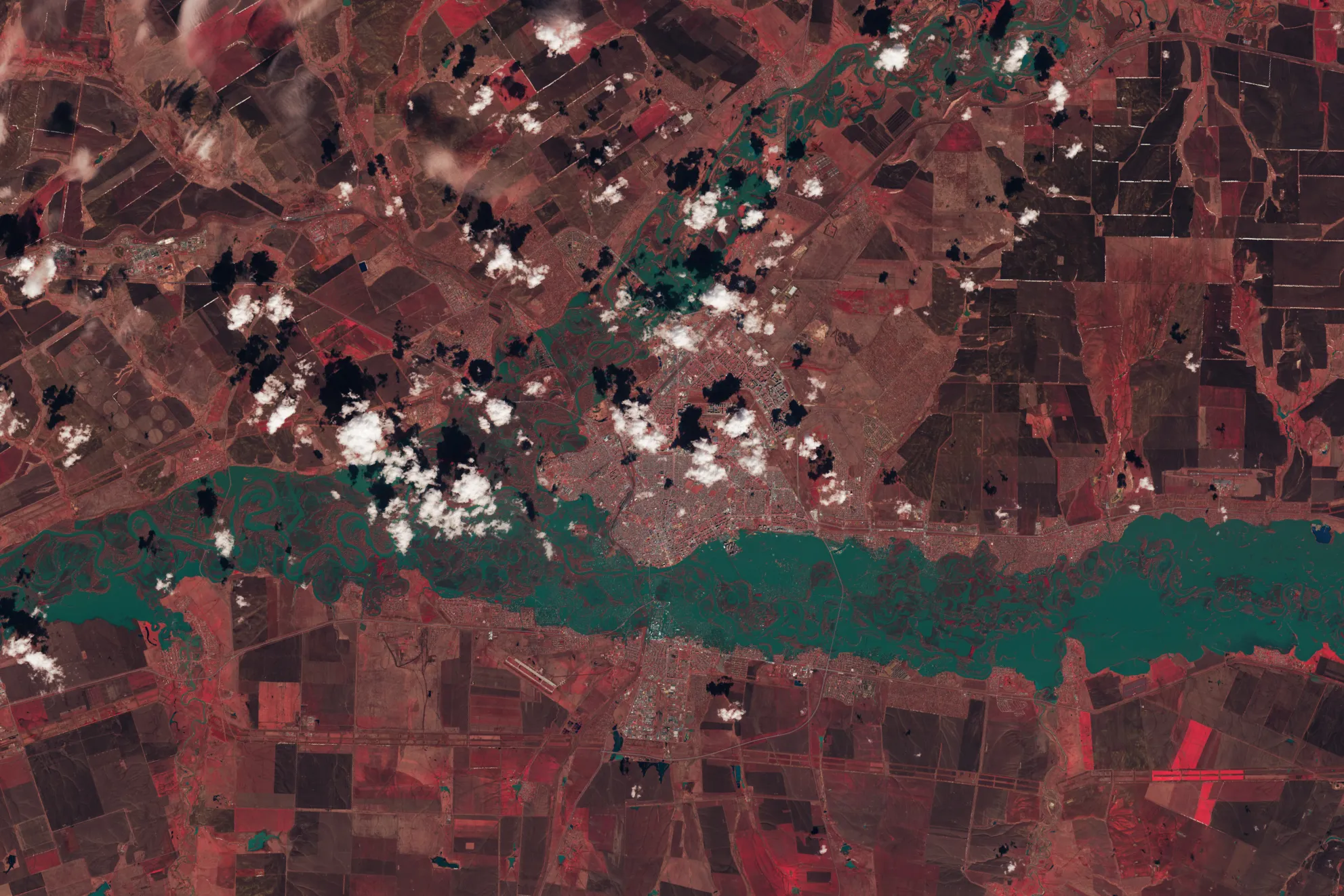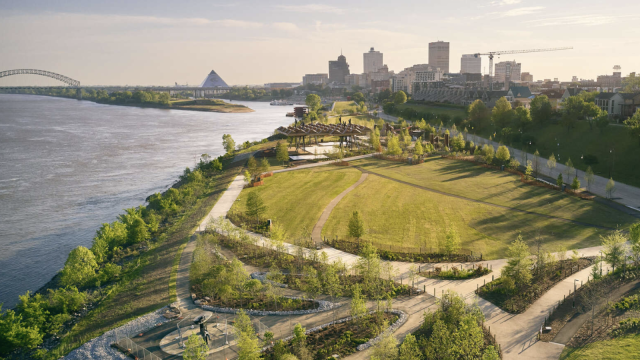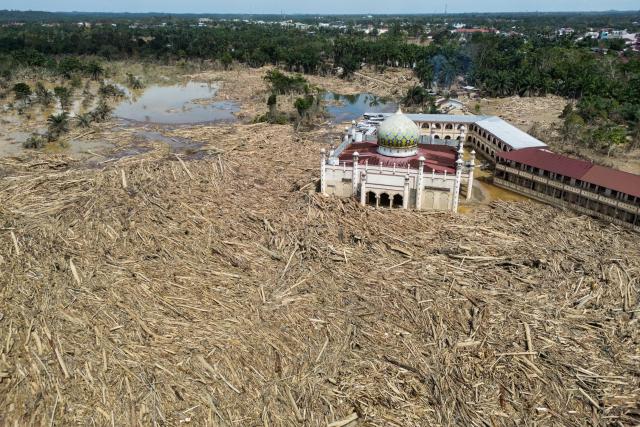Search
Items tagged with: Floods
Here are the missing trees:
The chicken have come to roost.
#photography
#Indonesia
#Aceh
#floods
#IllegalLogging
#ClimateDiary
Deforestation can cause eight-fold increase in flood event risk phys.org/news/2025-10-deforest…
#environment #forest #deforestation #flood #floods #flooding

Deforestation can cause eight-fold increase in flood event risk
New research, based on forest fires in Australia, proves there is a significantly higher risk of large-scale flooding when major deforestation has occurred in catchment areas.Neil Martin (Phys.org)
Disturbing new details emerge of Texas woman who begged for help after devastating flood.
Let's Show Exactly WHO is Hurting In Texas and Screaming For Compassion
#Texas #Floods #Compassion? #ParkRosePerma #BehindTheCamera #News

North Carolina Volunteers Work Toward Cleaner Well Water - NASA Science
When the ground floods during a storm, floodwaters wash bacteria and other contaminants into private wells. But thanks to citizen scientists in North Carolina, we now know a bit more about how to deal with this problem.science.nasa.gov

Modeling the Hawaiian Shoreline - NASA
The island of Hawai’i and surrounding waters glow in unusual shades in this 2022 model made through NASA DEVELOP. The model was created to help the County ofNASA

Tracking Spring Flooding - NASA
Ural River levels peak in this April 13, 2024, enhanced color image from Landsat 9; here, vegetation appears red, while water is blue-green. After heavy rainNASA

Ecosystems as Infrastructure: A New Way of Looking at Climate Resilience
Landscape architect Kate Orff works on rebuilding natural systems to help communities and cities reduce their climate risks.Yale E360

